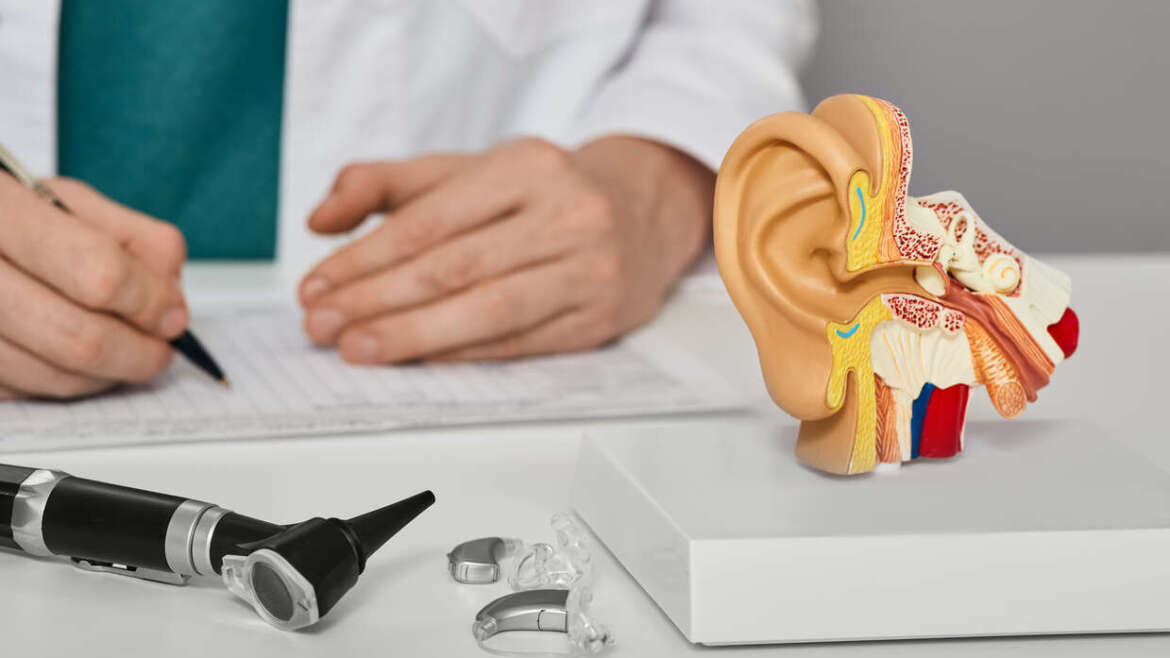To improve the communication skills of patients with hearing loss, our aural rehab program is tailor-made for the individual. Interventions may include assistive and alerting devices; how to use these devices; communication tips; and auditory training. The latter may include speechreading, hearing in noise, and speech discrimination.
Assistive listening devices (ALDs) are devices used with or without hearing aids, bone-anchored implants, and cochlear implants to make sounds more accessible to people with varying degrees of hearing impairment.
Aural rehab essentially helps patients reconcile with the fact that they have hearing loss and assists in helping them relearn skills lost. The rehabilitation may be done individually, or patients may opt to join a small group. Successful aural rehabilitation has long-term effects on participation in social activities, reducing the mental burden during conversations and improving quality of life.

